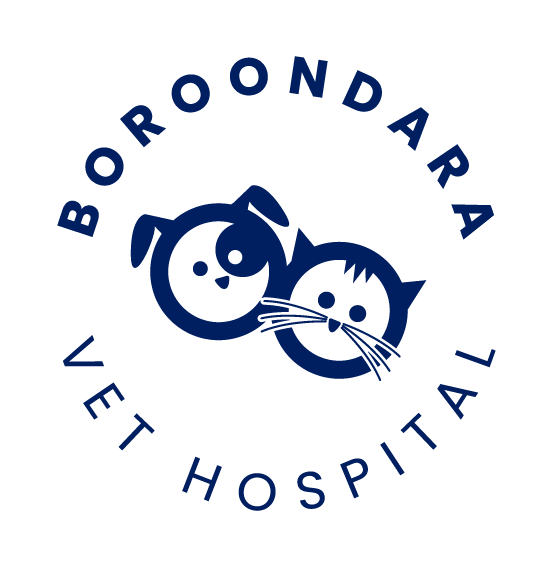Library
-
Obesity, defined as an excess of body weight of 20% or more, is the most common nutritional disease of domestic cats. Although the frequency varies from one country to the next, we know in some countries that up to 40% of adult cats are obese!
-
Olive leaf extract exhibits both anti-viral and antibacterial effects; it may also be effective against various yeast infections. The antioxidant properties in olive leaf extract may prove useful for the treatment of inflammatory conditions such as osteoarthritis and dermatitis.
-
Essential fatty acids (EPAs) are fats and oils that are essential in the diet because the body cannot make them. They are extremely important nutrients for health.
-
A wound is an injury causing damage to the skin and often underlying tissues. It can be open (e.g. a cut) or closed (e.g. a bruise).
-
Approximately 33% of pet dogs and cats have to visit the vet due to illness or accident every year. Unfortunately few of us are aware of the true cost of medical or surgical procedures.
-
The arrival of a new child is associated with a great deal of excitement, anxiety and stress for not only the humans, but also your family pet.
-
In Australia, there are rigid quarantine requirements in order to preserve the disease free status of this country for many diseases that are present (endemic) overseas.
-
On arriving home you should keep your pet warm and comfortable by providing a soft clean bed, ideally in a quiet and draught free room at approximately 20-22°C. Unless otherwise instructed, your cat should be offered a drink of fresh water.
-
Pre-procedure check ups are the best way to assess the risk involved in any procedure where an anaesthetic is required for surgery or any other investigation.
-
Breeding cats can be an extremely rewarding experience. However, before undertaking a breeding programme it is essential to understand what this involves; from the time of mating to the time of weaning.

